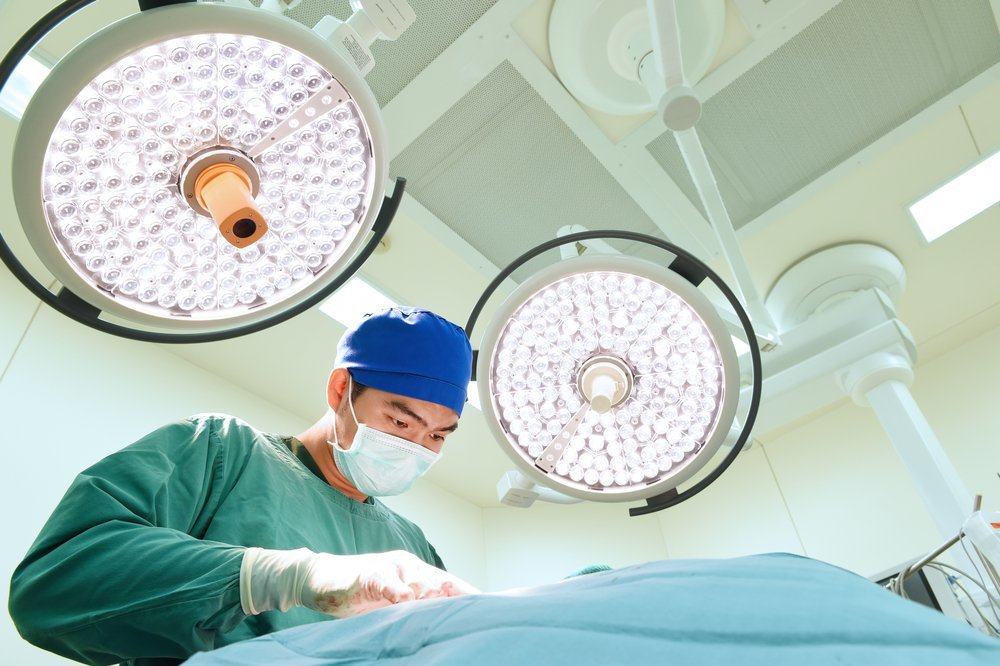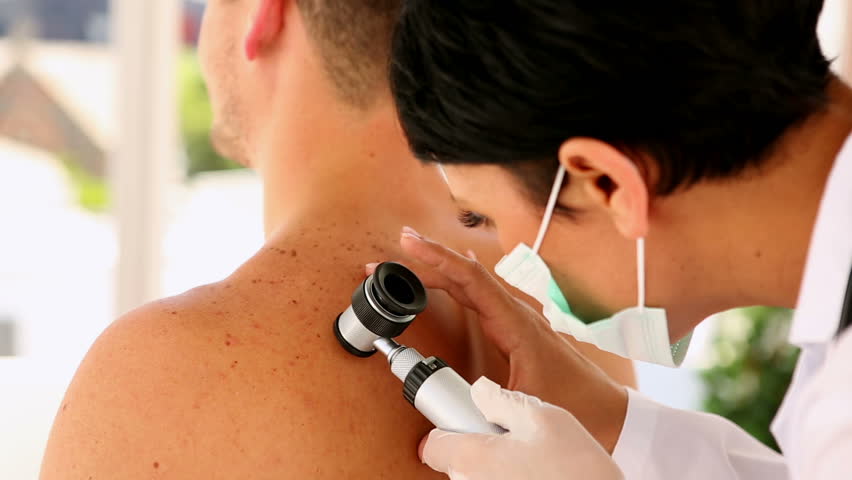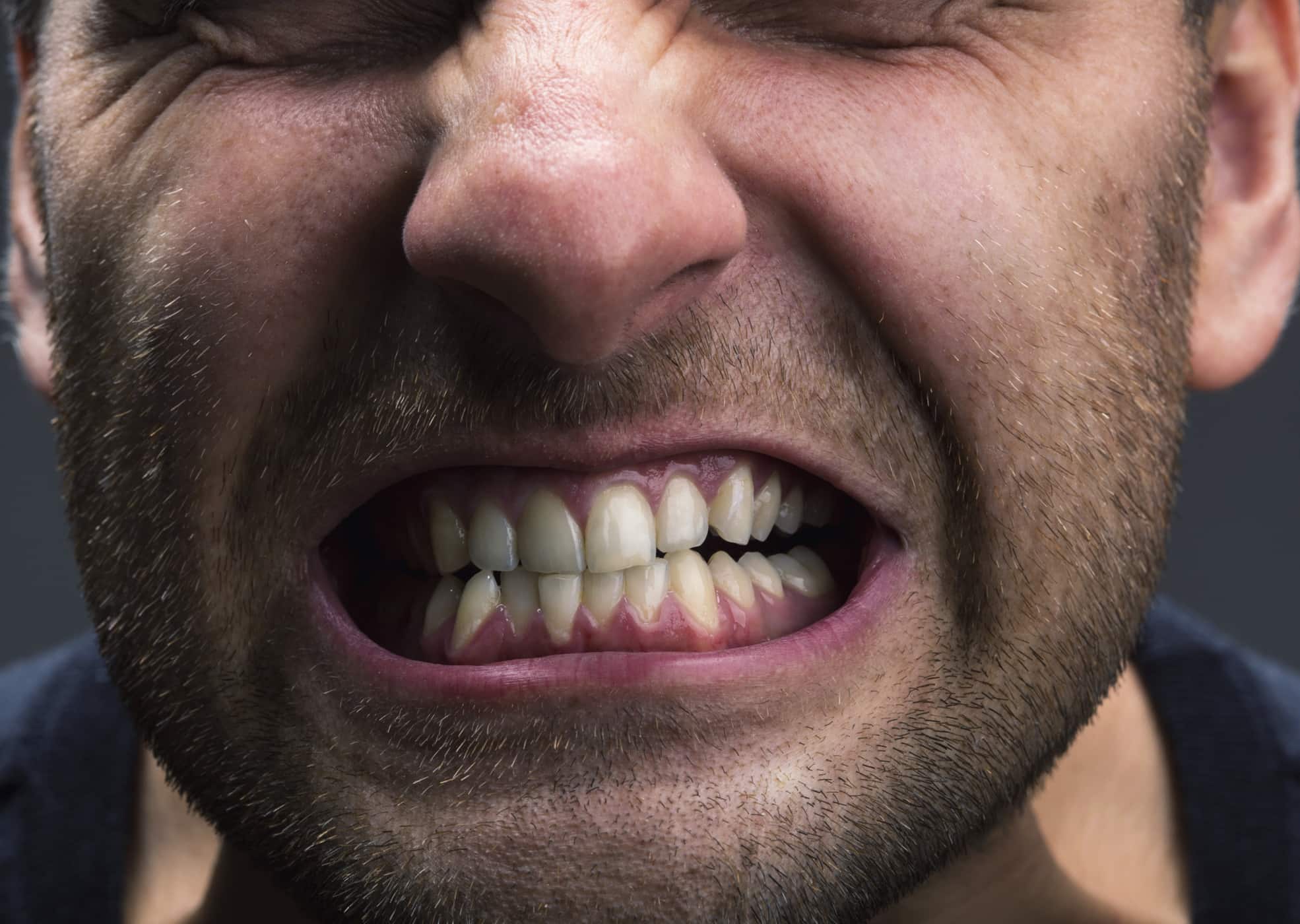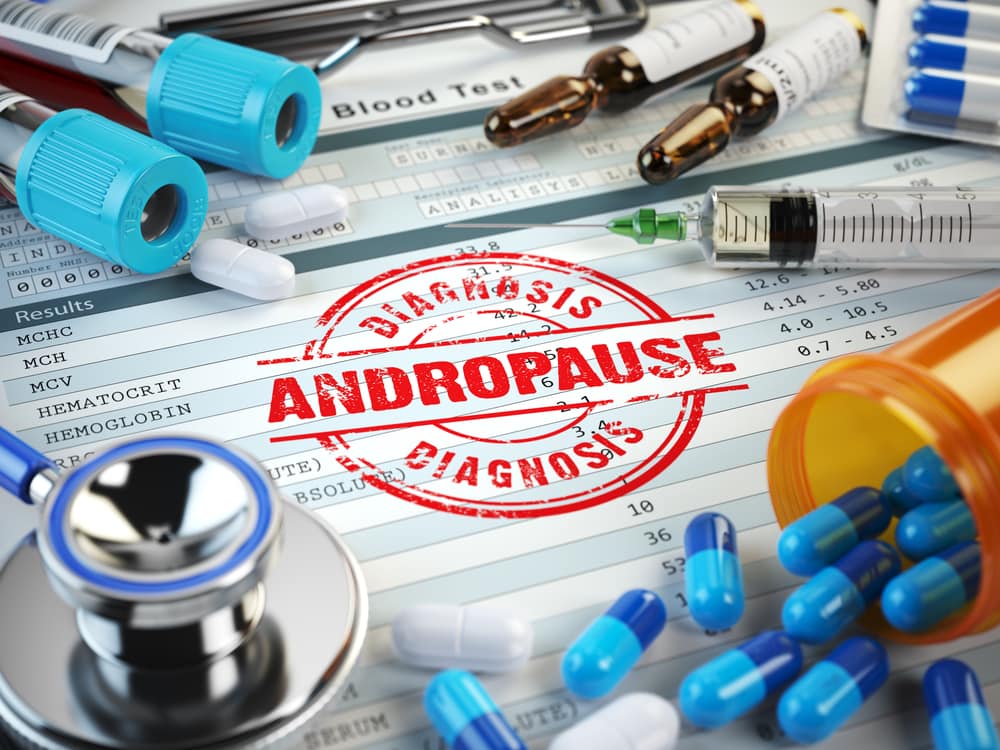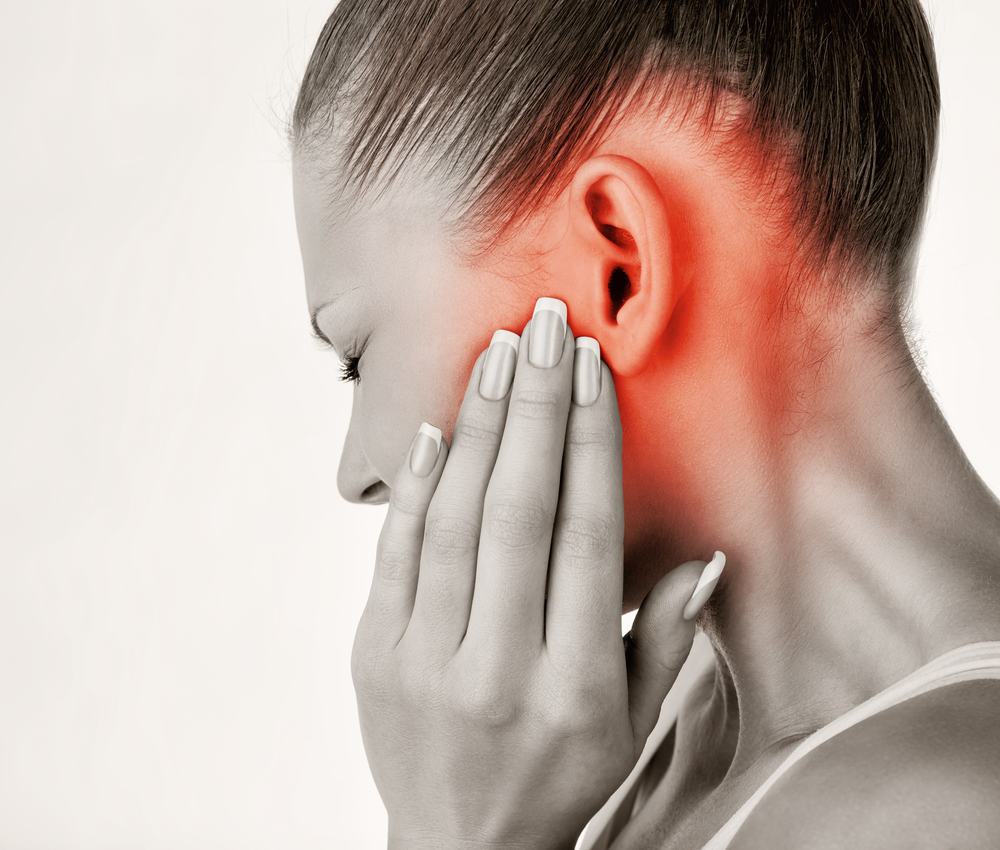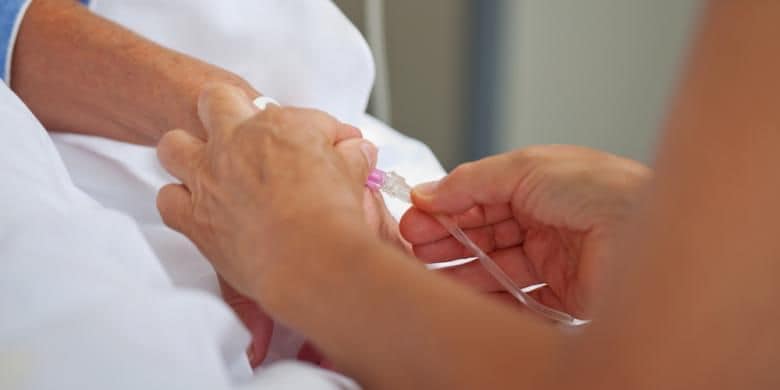Contents:
- Medical Video: Top 5 Rare and Horrific Diseases
- Crouzon syndrome is a form of skull abnormality from craniosynostosis
- What are the symptoms of Crouzon syndrome?
- Causes of Crouzon syndrome
- The right treatment for Crouzon syndrome
Medical Video: Top 5 Rare and Horrific Diseases
The first three months of pregnancy are the most important period for fetal development in the womb. On the other hand, in this period the babies are also most vulnerable to the risk of birth defects. Crouzon syndrome is one form of birth defect that may occur, characterized by abnormalities of the baby's skull bones. What are the causes and symptoms of Crouzon syndrome? Check out the reviews here.
Crouzon syndrome is a form of skull abnormality from craniosynostosis
Crouzon syndrome is a rare congenital birth defect. This condition is caused by a skull bone that blends before its time. The skull bone is not a whole frame, but a combination of seven different bone plates which are connected to each other by a flexible tissue called sutura.
Supposedly, the skull bones can expand slowly following the growth of the baby's brain volume during the womb. Then as time goes on the suture will harden and eventually close to unite the seven bone plates into intact skull bones.
If there is one or several suture tissue that closes faster than it should, as a result the baby's brain cannot develop optimally because it is hampered by the skull bones that are already fused. This syndrome results in the shape of the skull and skeleton of the face becoming defective.
Crouzon syndrome is a sign of craniosynostosis. Crouzon syndrome affects about 5 percent of all babies born with craniosynostosis. This syndrome can begin to appear in the first few months of the baby's age and continues to grow until the age of two or three years.
What are the symptoms of Crouzon syndrome?
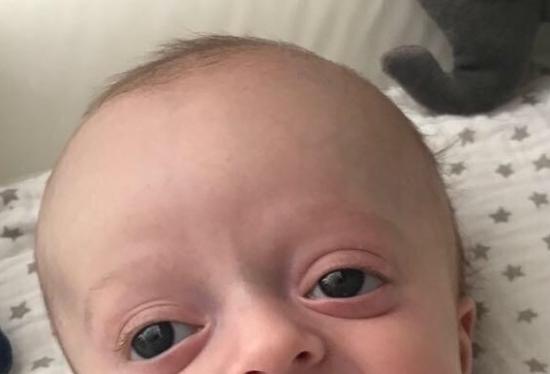
Symptoms of Crouzon syndrome can vary from child to child. But generally, the following symptoms or signs are most likely to appear:
- Unusual face shape.
- The middle face is shallow, which can cause difficulty breathing.
- High forehead.
- Eyes wide and prominent.
- Superficial eye cavity, which can cause vision problems.
- Squint (strabismus).
- The nose is like a small beak.
- Dental problems.
- Low ear position.
- Hearing loss due to the possibility of a narrow ear canal
The less common symptom of Crouzon syndrome is cleft lip.
Disproportionate shape of the skull can cause prolonged headaches, impaired vision, and psychological problems later on.
Causes of Crouzon syndrome
Crouzon syndrome is caused by mutations or changes in one of the four FGFR genes. Usually this affects the FGFR2 and FGFR3 genes (less common).
Genes carry messages to make proteins that function to regulate bodily functions. Gene mutations can affect any function that certain proteins have.
When a baby develops in the womb, FGFR 2 protein signals bone cells to begin to form. This gene mutation will increase the signal strength excessively, causing the baby's skull to become fused too fast.
Babies only need to inherit one copy of a gene mutation from one parent to be able to experience Crouzon syndrome. If you have this condition, each of your children has a 50 percent chance of inheriting it. This pattern of inheritance is called autosomal dominant.
In about 25 to 50 percent of people with Crouzon syndrome, gene mutations occur spontaneously. This means that babies do not need to be born from parents with a history of Crouzon syndrome to be able to have this condition.
The right treatment for Crouzon syndrome
A mild case of Crouzon syndrome may not need to be treated. However, children who have more severe symptoms need to visit a craniofacial specialist, a doctor who specializes in treating skull and neonatal facial abnormalities.
In more severe cases, the doctor can perform surgery to open the suture and make room for the brain to grow. After surgery, your child must wear a special helmet for several months to reshape his skull.
Operations can also be done to:
- Reduces pressure inside the skull.
- Repair cleft lip.
- Repairing the wrong jaw.
- Straightening crooked teeth.
- Fix eye problems.
In addition, children with hearing problems can use hearing aids to strengthen sound. Children with this condition may also need speech and language therapy.
Apart from surgical care, children with Crouzon syndrome and their families can do genetic counseling to get support. These therapies often help to overcome the psychological effects of genetic conditions.


